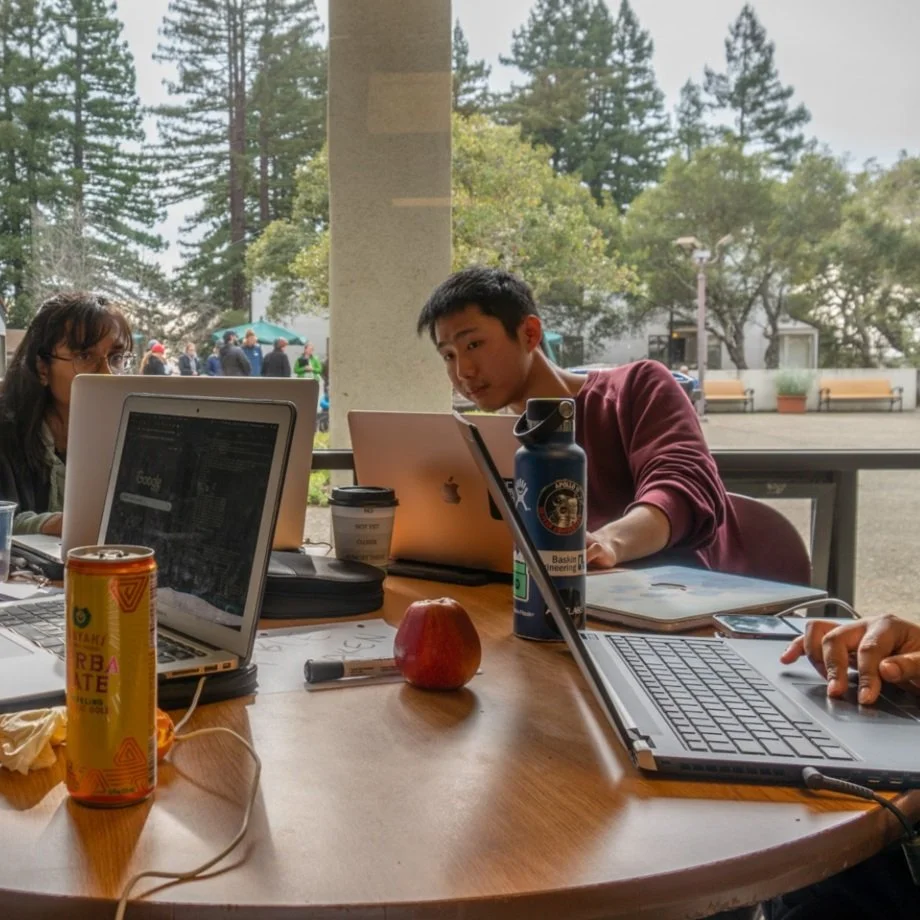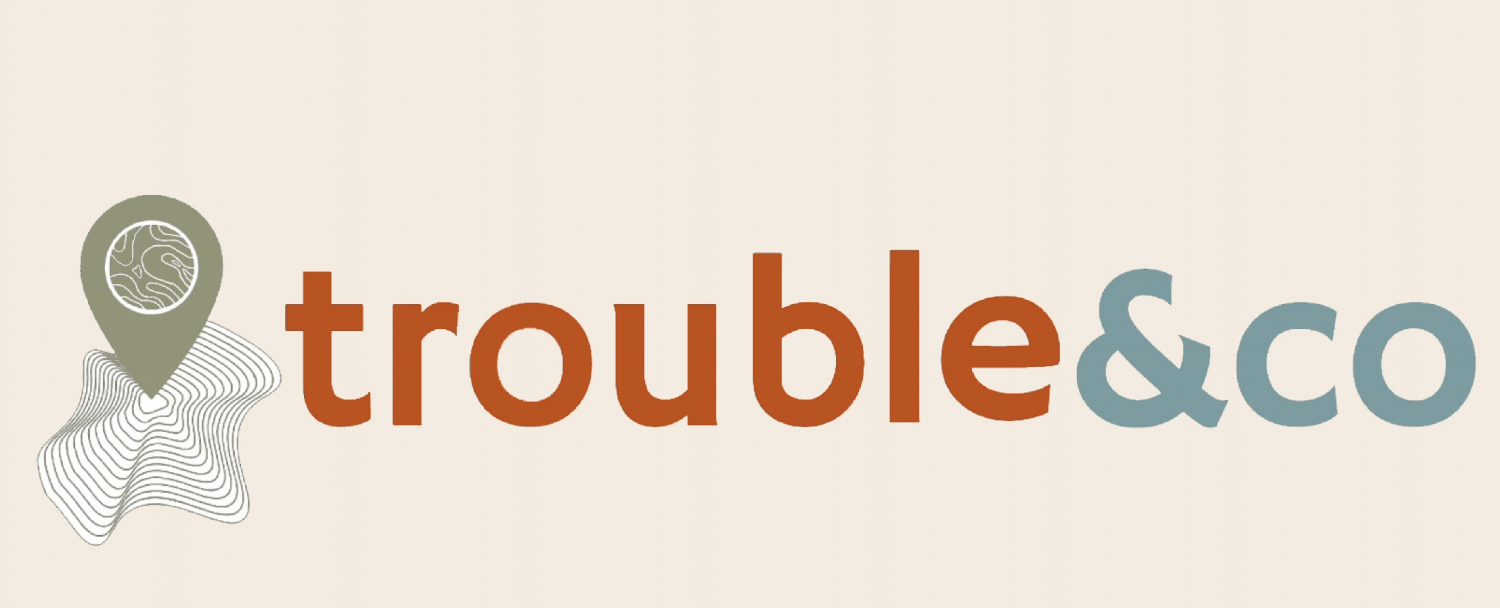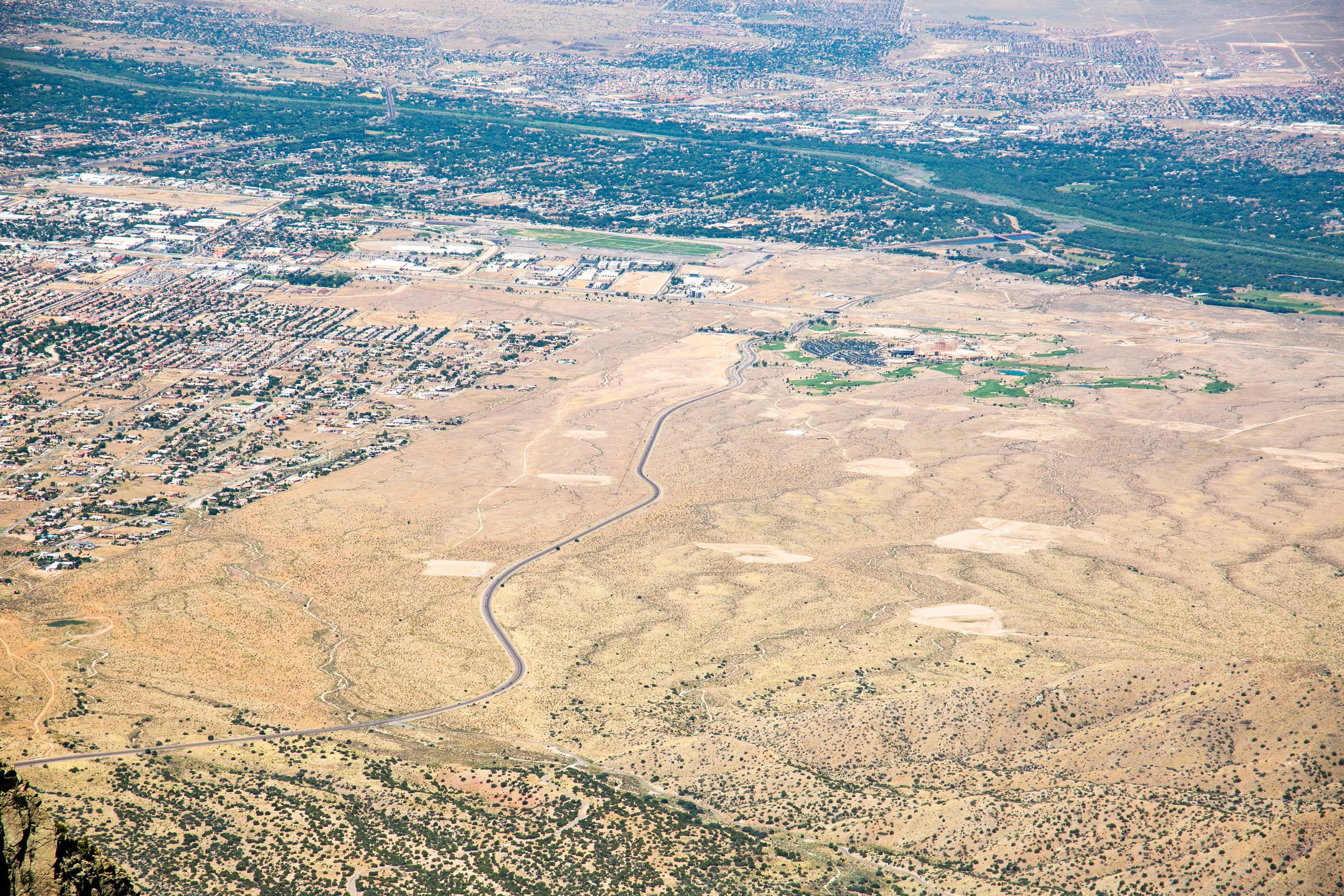Resilient Civic Futures
A climate justice extended hackathon from trubel&co and Earth Hacks.
Spring 2024.
By 2050, over two-thirds of the global population will live in cities.
As urban communities continue to grow, cities will increasingly become uniquely vulnerable to a range of climate hazards, with the brunt of this risk targeting the urban poor and communities of color. From flash floods and urban heat islands to diminishing resources and ecological shifts, cities are in need of localized, data-informed strategies to protect its residents, safeguard the broader environment, and restore communities.
Earth Hacks and trubel&co are teaming up to partner with community-based organizations in cities across the United States to harness the power of hackathons to drive support, energy, and community to enable deep environmental justice and local resilience. Climate disasters disproportionately impact historically marginalized communities, who simultaneously remain excluded from the design of the relevant tools & policies meant to protect them.
Resilient Civic Futures is an extended hackathon mobilizing local ingenuity to tackle critical challenges in communities where issues of climate resilience and natural resources are exacerbated. The output of this program will include projects that achieve a mix of the following: highlight the stories of those most affected by climate & ecological harm, communicate a vision for a liberated environment, and help direct restorative interventions in cities. Emerging geospatial talent is paired with environmental justice initiatives to fill the technical deficit within climate action and sustainability. Through leveraging data, geospatial analytics, & inclusive design thinking methods, we’ll catalyze the next generation of thinkers to build tailored technical solutions advancing urban environmental justice.
-
Why Albuquerque?
Litter reduction is an issue in NM because trash collection infrastructure on reservations is lacking, leading to illegal dumping in AZ and NM; simultaneously, there is strong advocacy in NM around recycling. RCF hackers might explore: where does trash go?
Solar & wind power companies are encroaching on land and forcing easements to create more renewable energy- residents are facing aggressive corporate tactics to attain land.
Drought and water sharing agreements, and an increase in wildfires, are the result to land manageent practices that don’t honor indigenous land stewardship.
People power: language barriers, and segregation are major hurdles in NM environmental justice coalition building.
-
Why Detroit?
Water quality, food insecurity and air quality are top of mind for residents of Detroit with a long tradition of environmental justice work.
Detroit is similar to cancer alley with asthma rates, and faces the challenge of uniquely horrible respiratory disease. Michigan folks are 10X more likely to have asthma than other Americans due to significant air quality issues.
Environmental justice movement: community advisors are elders aging out of the fight, youth-leadership needed.
All of Michigan is ceded territory: previously tribal land, ceded through treaties – issues with treaty rights, sovereignty are manifesting in environmental justice fight today
-
Why New York?
Black and Latinx residents in New York City today continue to face higher rates of asthma compared to other populations, likely a result of their heightened exposure to pollution.
NYC sewage plants and highways are major risk factors for marginalized communities, in addition to dirty diesel trucks, as well as the prominence of gas stoves, which emit nitrogen dioxide that can cause chronic lung disease among those who face long-term exposure, a persistent concern for communities of color.
-
Environmental Justice Case Studies
Community partners & sustainability experts provide local context of current thought leadership, ongoing initiatives, leading interventions, and primary barriers to resolving environmental justice issues in key U.S. cities.

-
Community Engagement
The lived experience of marginalized communities and their relationships with the environment are centered to foster understanding of the role social, political, economic, and technological power dynamics play in shaping cities’ resilience.

-
Technical Skill-Building
Subject matter experts share how spatial analytics data can advance local environmental justice by building awareness of available data and existing tools.

-
Culturally-Responsive Innovation
Participants develop innovative place-based solutions to environmental issues that are equitable and just solutions, copowering impacted communities.

Eligibility and participation
To be eligible to participate in this event, individuals must be 18 years of age or older. While we will aim to focus on students (graduate or undergraduate) at a university or community college, or recent graduates from such institutions with a graduate or undergraduate degree within the past 3 months of the program, everyone is welcome to participate.
If an individual is interested but does not meet these requirements, they should reach out to rcf@trubel.co





